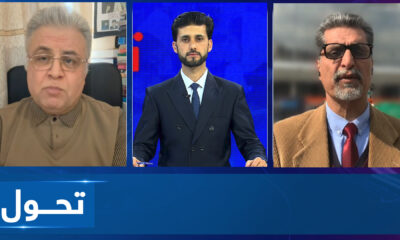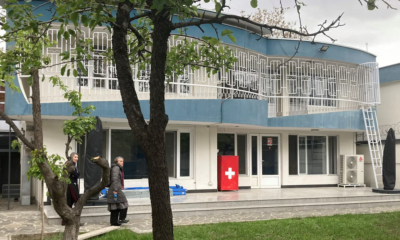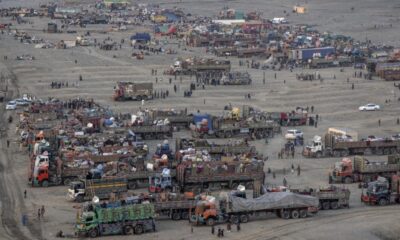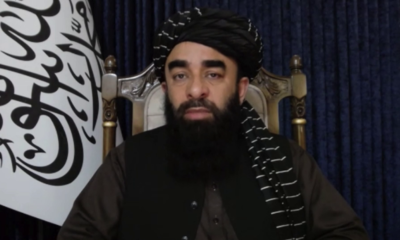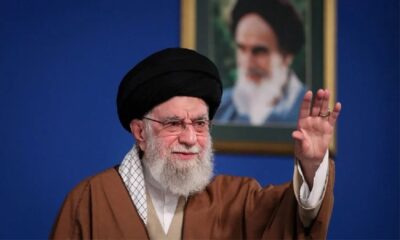Business
EU leaders struggle to bridge gas price cap divide

European Union leaders struggled Friday to bridge significant differences over a natural gas price cap as winter approaches and Russia’s war in Ukraine fuels a major energy crisis, driving up prices for consumers and businesses.
The price cap is one of several measures the 27-nation bloc is preparing to contain an energy crisis in Europe that some fear could lead to rolling blackouts, factory shutdowns and a deep recession over the winter in economies already weakened by the coronavirus pandemic.
Russia has reduced or cut off natural gas supplies to 13 EU member nations as European governments bolster their support for Ukraine in the form of weapons, money, aid and sanctions on Moscow. The potential for shortages has led to surging gas and electricity prices that could climb higher as demand peaks during the cold months, AP reported.
Standing in the way of an agreement was the simple fact that each member country depends on different energy sources and suppliers, and they’re struggling to see eye-to-eye on the best way ahead.
Latvian Prime Minister Krisjanis Karins summed up the challenge for the EU as it considers a possible gas-price ceiling.
“A price cap on gas, if that could be achieved, would be grand — with the caveat that we cannot endanger security of supply,” Karins said. “So we cannot set the price so that no one would sell gas into Europe.”
Belgian Prime Minister Alexander De Croo said he hoped the “last hurdles” to a price cap would be overcome at the meeting, but also that leader should agree on a joint path of action to send two important messages.
“One to the energy markets, to make it clear we no longer accept these prices, we will not continue to pay this market manipulation. Secondly, an important signal to our populations, to our companies, that we are going to tackle the problem at the root,” he said.
In a choreographed moment, French President Emmanuel Macron, Dutch Prime Minister Mark Rutte and German Chancellor Olaf Scholz entered Prague Castle together on foot, walking past a small but noisy crowd of pro-Ukraine demonstrators.
A group of 15 member countries has urged the EU’s executive branch, the European Commission, to propose a cap on gas prices as soon as possible, but the idea has not secured unanimous support, with Germany notably blocking.
For now, the European Commission says, Europe’s gas storage capacity stands at about 90%, even as Russian gas supplies to the EU declined by 37% between January and August, with the U.S. and Norway stepping in to provide liquefied natural gas. But those replacement supplies have not been cheap.
The EU agreed to a new package of sanctions against Russia on Thursday, hitting trade, notably in the tech sector, slapping travel bans and asset freezes on 30 more officials, and targeting seven organizations. But the bloc is running out of economic ammunition to punish Russia with.
“We have to decrease the prices of energy. But it is an economic issue as much as a security issue,” EU foreign policy chief Josep Borrell said. “Energy is becoming the most important geostrategic issue today, related with the war, but also with the balance of power in the world.”
Business
Efforts underway to expand Afghanistan’s trade relations with India
A number of investors also suggest that the Islamic Emirate should actively participate in regional and trade fairs to increase exports, so that Afghan products can be marketed in regional and global markets.
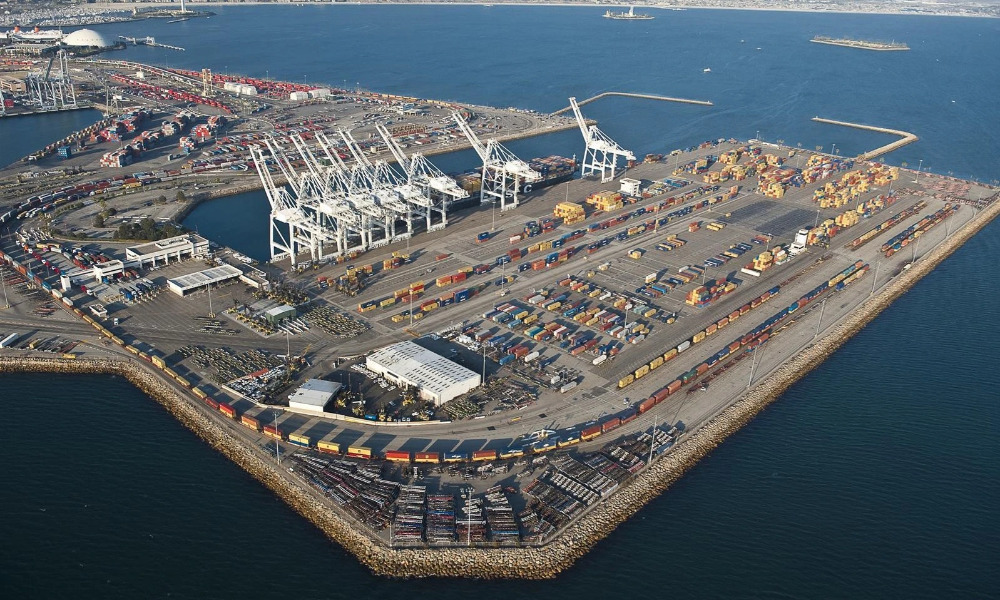
The Ministry of Industry and Commerce says that efforts are underway to expand trade relations with India, the volume of which reaches $650 million annually.
Abdulsalam Jawad Akhundzada, a spokesman for the Ministry of Industry and Commerce, says that India is also interested in expanding trade relations with Afghanistan, and Kabul has also taken steps in this regard by using Chabahar Port, and talks have been held with the Indian side on visas.
The Chamber of Commerce and Investment also says that trade relations between Afghanistan and India are expanding and these relations are strengthening with each passing day. According to officials of the chamber, Afghanistan has exported goods worth $500 million to India in the past year.
A number of investors also suggest that the Islamic Emirate should actively participate in regional and trade fairs to increase exports, so that Afghan products can be marketed in regional and global markets.
According to investors, once the visa issues with India are resolved, a large portion of the country’s fresh and dried fruits will be exported to India because India is a good market for Afghan fruits in the region.
Investors want the Islamic Emirate to pave the way for increased exports to India through Chabahar Port.
Business
36 mining contracts inked over the past year: Mines ministry

The Ministry of Mines and Petroleum says it has signed 36 large and small mining contracts, with a total value of $1.3 billion over the past year.
Officials from the ministry stated that these contracts include 10 large mines, 25 small mines, as well as projects related to cement, salt, marble, and a major gas extraction contract with Uzbekistan, all signed with both domestic and foreign companies.
Meanwhile, economic experts have emphasized the importance of increasing investments in the mining sector for the country’s economic growth. They have stressed that priority in mining contracts should be given to domestic companies.
“It is better to prioritize domestic investors over foreign ones,” said Kamaluddin Kakar, an economic expert.
In the meantime, members of the private sector also stated that if both foreign companies and Afghan investors can partner in the mining sector, this will not only foster investment development in the country but also bring positive changes in capacity building within the mining extraction sector.
Business
Afghanistan ships first consignment to Europe via Khaf-Herat railway
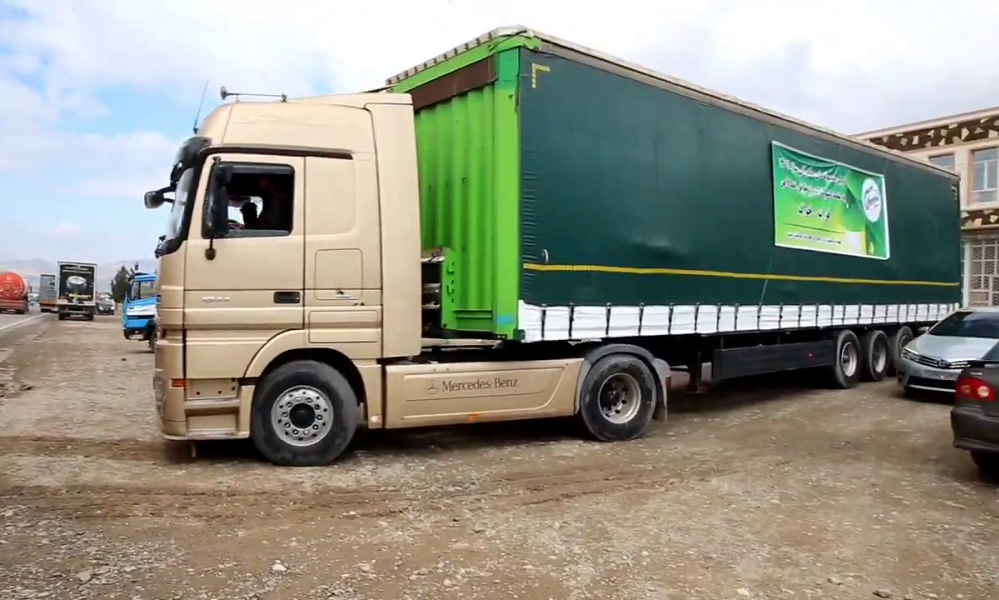
The press office of the Herat governor has announced the export of Afghanistan’s first shipment via the Khaf-Herat railway to Europe.
According to a statement from the office, the shipment includes 200 tons of dried fruits worth $1.2 million, which were exported to Turkey and Europe through the Khaf-Herat railway in the presence of Islam Jar, the governor of this province, and the Iranian Consul General.
The exported dried fruits in this shipment include pistachios, raisins, almonds, and pine nuts.
The statement added that over the past three months, more than 35,000 tons of goods have been transferred via the Khaf-Herat railway.
-

 Latest News5 days ago
Latest News5 days agoAmnesty international urges Pakistan to halt Afghan deportations
-

 Latest News5 days ago
Latest News5 days agoAfghanistan-Iran-Europe railway corridor activated
-

 Business4 days ago
Business4 days agoAfghanistan ships first consignment to Europe via Khaf-Herat railway
-

 Business3 days ago
Business3 days ago36 mining contracts inked over the past year: Mines ministry
-

 Sport5 days ago
Sport5 days agoDe Kock fireworks see Kolkata thrash Rajasthan in IPL
-
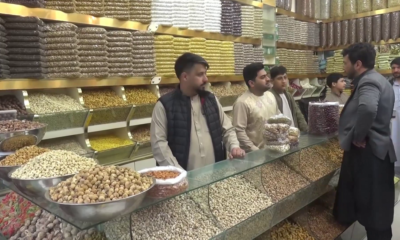
 Latest News3 days ago
Latest News3 days agoDried fruit market in Herat booms ahead of Eid-al-Fitr
-
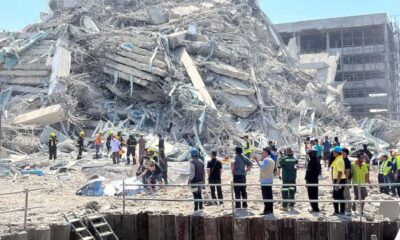
 Regional4 days ago
Regional4 days agoPowerful quake in Southeast Asia kills several, Myanmar declares state of emergency
-

 Latest News4 days ago
Latest News4 days agoUS may ask for military equipment left behind in Afghanistan: Trump


